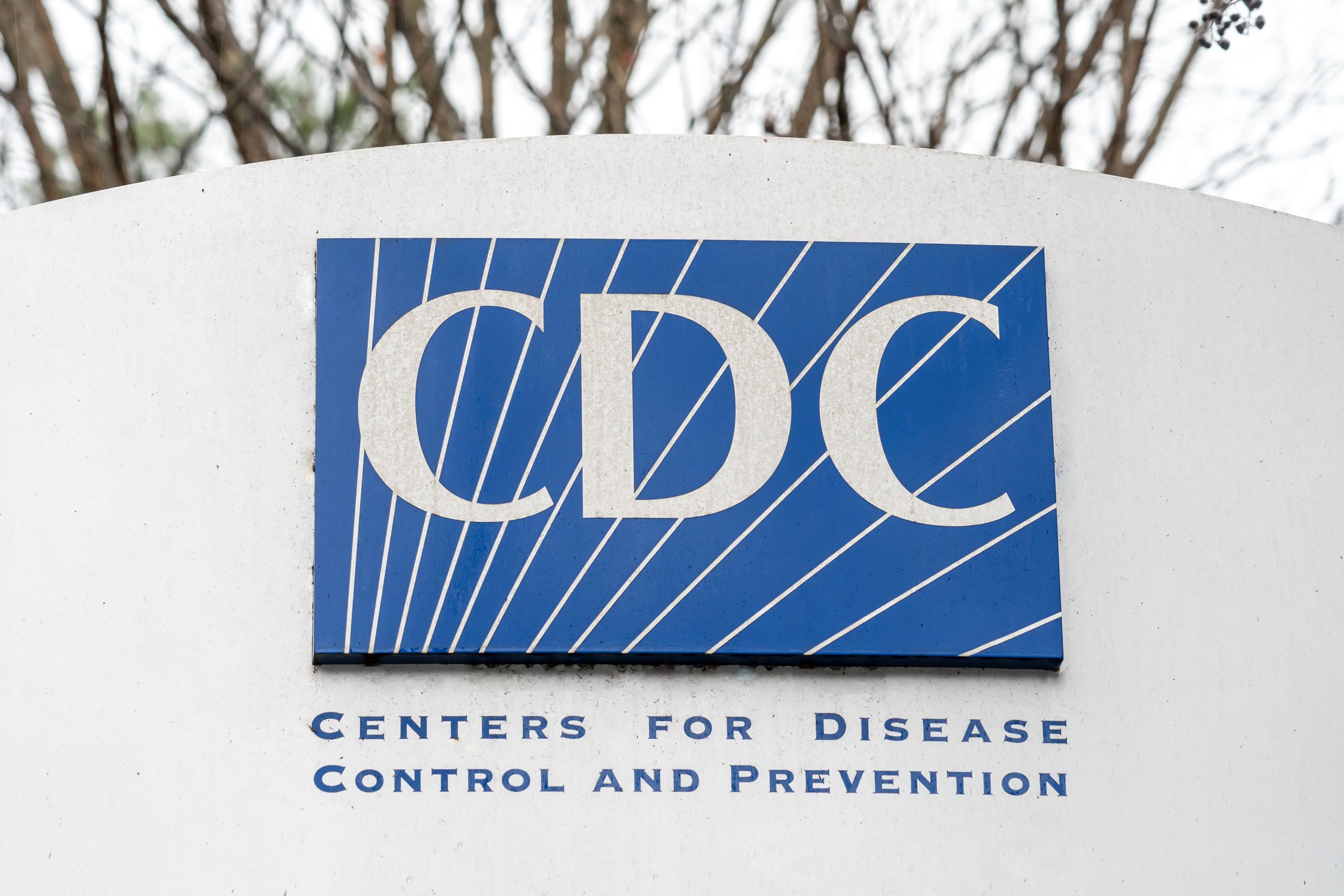Article highlights
- Limited supply of nirsevimab, an FDA-approved monoclonal antibody for RSV, prompts CDC Health Advisory.
- Nirsevimab prioritized for high-risk infants under 6 months and those with underlying conditions.
- CDC recommends preserving 50 mg doses for infants under 11 pounds; halting use in certain age groups.
- Sanofi and AstraZeneca collaborate to enhance nirsevimab supply and manufacturing network.
- Providers advised to discuss RSVpreF maternal vaccine to reduce infants needing nirsevimab during RSV season.
A limited supply of nirsevimab (Beyfortus; Sanofi and AstraZeneca), an FDA-approved monoclonal antibody product recommended for preventing respiratory syncytial virus (RSV)-associated lower respiratory tract disease (LRTD) in infants, has led the Centers for Disease Control and Prevention (CDC) to issue a Health Alert Network Health Advisory for additional options to protect against RSV.1
An “unprecedented demand” for nirsevimab has led to limited supply for the 2023-2024 RSV season, according to Sanofi. In collaboration with the CDC, Sanofi aims for equitable distribution of available doses through the Vaccines For Children Program (VFC).2 The CDC recommends prioritizing available 100 mg doses of nirsevimab for infants at the highest risk for severe RSV disease.1
Nirsevimab is approved for newborns and infants aged younger than 1 year who were born during, or entering their first RSV season, and for children up to 24 months of age that remain at risk for severe RSV through their second RSV season.2 Infants aged younger than 6 months and those with underlying conditions place this population at an increased risk for severe RSV disease, according to the CDC.1
The public health agency states the use of 50 mg doses has not currently changed. It also recommends avoiding the use of 2, 50 mg doses for infants weighing 11 pounds or more (5 kilograms or more) to preserve the supply of 50 mg doses for infants under 11 pounds.
The CDC is also recommending providers halt the use of nirsevimab in palivizumab-eligible children aged 8 to 19 months during the 2023 to 2024 RSV season. In American Indian and Alaska Native children aged 8 to 19 months who are not eligible for palivizumab and who live in remote regions, nirsevimab should continue to be offered.1
Sanofi states it is working with AstraZeneca, the partner in charge of manufacturing nirsevimab, to “accelerate additional supply and explore a number of actions to extend the manufacturing network,” of the prescription medicine.2
When counseling pregnant people about nirsevimab supply concerns, providers should discuss the RSVpreF maternal vaccine (Abrysvo; Pfizer). The maternal vaccine could reduce the number of infants requiring nirsevimab amid the RSV season.1
Approved by the FDA in August 2023, RSVpreF has been shown to reduce the risk of RSV-associated hospitalizations by 57% for infants in the first 6 months after birth. In September 2023, the CDC recommended seasonal administration of 1 dose of the vaccine for pregnant people during 32 through 36 weeks’ gestation.3
References:
- Limited availability of nirsevimab in the United States – interim CDC recommendations to protect infants. From respiratory syncytial virus (RSV) during the 2023-2024 respiratory virus season. Centers for Disease Control and Prevention. Press release. October 23, 2023. Accessed October 26, 2023. https://emergency.cdc.gov/han/2023/han00499.asp
- Sanofi Beyfortus statement. Sanofi. Press release. Accessed October 26, 2023. https://www.news.sanofi.us/Sanofi-Beyfortus-Statement
- Fitch. J. CDC recommends Pfizer’s maternal RSV vaccine to protect newborns. Contemporary Pediatrics. September 25, 2023. Accessed October 26, 2023. https://www.contemporarypediatrics.com/view/cdc-recommends-pfizer-s-maternal-rsv-vaccine-to-protect-newborns
